All-in-one solar-powered tower makes carbon-neutral kerosene in the field at pilot-scale
Green Car Congress
JULY 21, 2022
The aviation sector is responsible for about 5% of global anthropogenic emissions causing climate change. It relies heavily on kerosene (jet fuel)—a liquid hydrocarbon fuel typically derived from crude oil. (A) —Aldo Steinfeld.

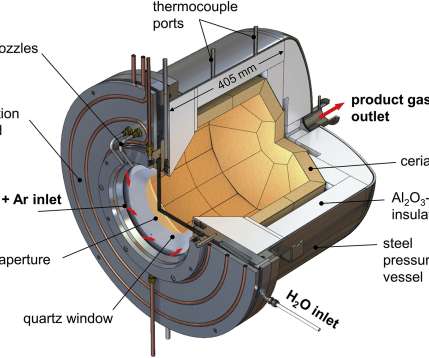

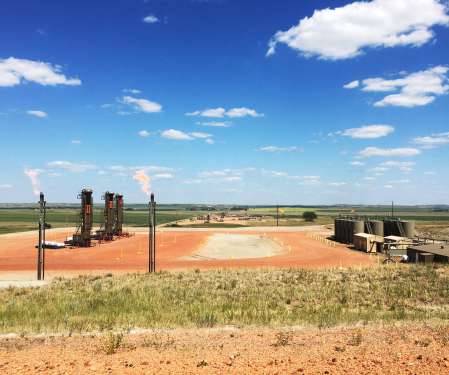
















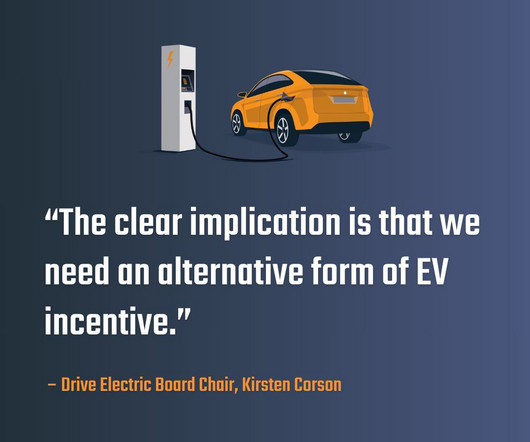



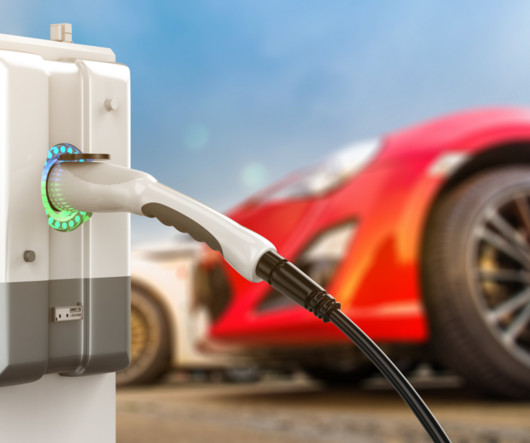




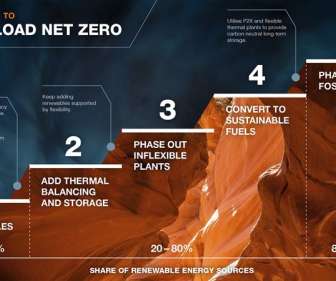











Let's personalize your content